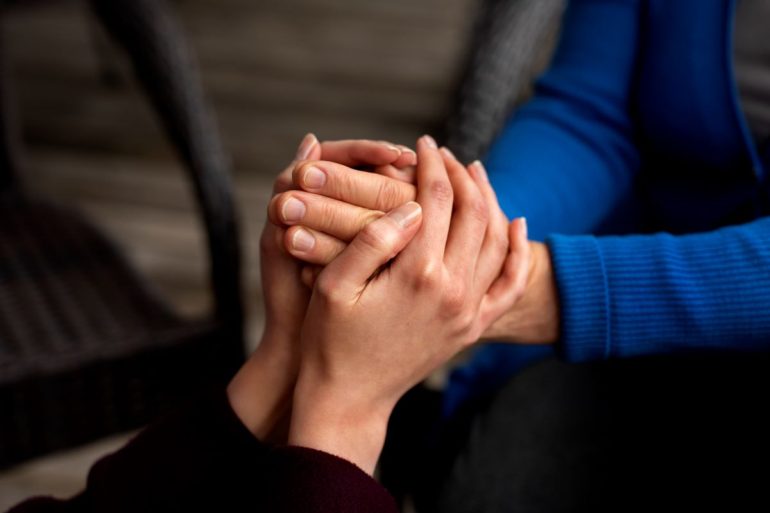The first specialized center for victims of sexual violence in the Czech Republic, built by the proFem organization, was officially opened in Prague yesterday, and will start operating on 22 January, according to proFem director Jitka Polakova.
The PORT centre in the Prague-Brevnov district will offer crisis assistance, treatment, counselling and therapy, and is equipped with a crisis apartment. The facility could help thousands of clients every year, but its funding has not yet been secured, Polakova said.
The system of financing such necessary services must be set up robustly, Government Human Rights Commissioner Klara Simackova Laurencikova said at the press conference yesterday.
In the Czech Republic, 54% of women have experienced sexual harassment or sexual violence, according to a recent survey, the detailed results of which ProFem will publish in February.
According to the commissioner, over 900 cases of rape were reported to the police last year, the highest number on record.
“The need from the field has led us to open the centre,” said Polakova. “We found that there were no services for female clients… Medicine will treat the physical effects, but the psychological ones are for life. The clients need therapy, crisis intervention to try to process the trauma. But the system prevents that.”
At the centre, victims will receive crisis assistance and will be offered psychotherapy and social and legal counselling. Basic treatment will be available as well as the collection and preservation of genetic samples for possible provision of evidence and legal representation.
The surgery will start operating at the end of February. There will also be a room for possible police questioning, and a crisis apartment to be available from April or May.
A crisis intervention expert will be the first to deal with the clients. She will find what help is needed. This will be followed by targeted support, Polakova said.
The services are for people over 16, for women, but also for men, who make up 8 to 10% of proFem’s clients. The centre’s staff are women only.
A total of CZK 18 million is needed for the annual operation of the centre. The organisation does not yet have the full amount, so is rolling out the services gradually. The state and local governments have approved subsidies, and the centre is also receiving money from donors and grants. The money for the centre opening was provided by Norway Grants.
“Funding for specialised services is unsystematic,” said Simackova Laurencikova. “The ambition is to set up secure, permanent and sustainable funding. We have the ambition to get psychosocial and crisis services into the system so that organisations do not have the stress of begging for money every year.”
The Ministry of Labor and Social Affairs is preparing an amendment on social services to set up the funding.
According to a recent report by the Women Against Violence Europe (WAVE) network, services for victims of sexual violence are not available in the Czech Republic; there is no help center and no crisis line.
This is also mentioned in the national strategy for gender equality, approved three years ago, with measures for ten years. This document foresees the establishment of services in four major Czech cities as well as the establishment of a crisis line and raising public awareness in this sphere.






